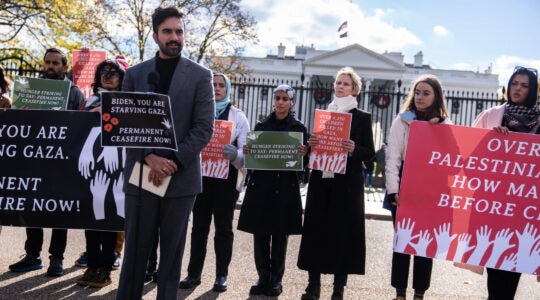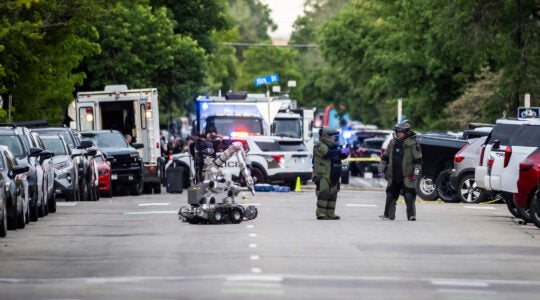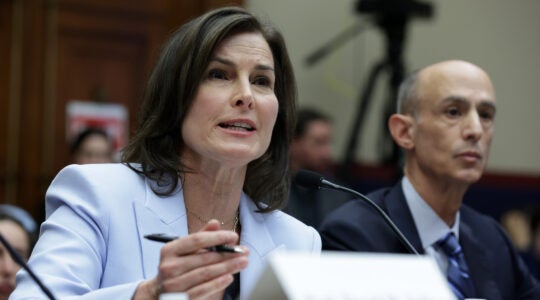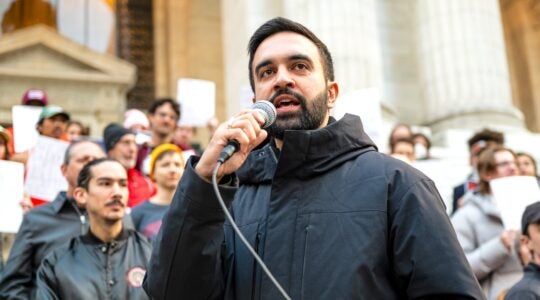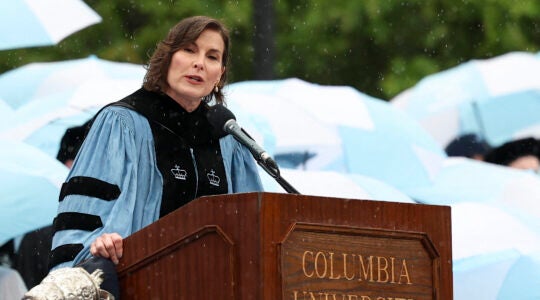WASHINGTON (Washington Jewish Week) — The first-ever United Nations General Assembly meeting on anti-Semitism showed “a consensus in the international community” on the seriousness of the issue, according to Samantha Power, the U.S. ambassador to the United Nations.
Speaking to a telephone news briefing from New York during Thursday’s conference, which was called by 37 member states in the shadow of growing anti-Jewish attacks in Europe, Power called on governments and civil society to battle anti-Semitism, which is seeing “an upsurge around the world.”
While this month’s terrorist attacks in Paris were a focus of the U.N. meeting, the gathering was planned before those events, Power said.
As part of the American fight against anti-Semitism, President Barack Obama will host a meeting in February at the White House, she said.
In a separate statement about the U.N. meeting, Obama cited the deadly Paris attack earlier this month on a kosher supermarket as underscoring the gathering’s importance.
“Anti-Semitic attacks like the recent terrorist attack on a kosher supermarket in Paris pose a threat that extends beyond the Jewish community,” he said. “They also threaten the values we hold dear — pluralism, diversity, and the freedoms of religion and expression.
Power said she was “pleased” with Saudi Arabian Ambassador Abdallah Al-Moualimi’s statement that Islamic countries condemn all words and acts that led “to hatred, anti-Semitism, Islamophobia.”
Al-Moualimi spoke to the gathering on behalf of the 57-nation Organization of Islamic Cooperation.
Power rejected Al-Moualimi’s calling Israel’s occupation of the West Bank “an anti-Semitic act” that “threatens humankind” and is linked to hate crimes and anti-Semitism, among other outcomes.
“We condemn any statements that drift into anti-Semitism. Anything that would suggest there’s a justification for anti-Semitism, we reject,” she said.
Despite the contretemps, Powers called the meeting “an important step” in enlisting the world community in combating anti-Semitism.
Ira Forman, the administration’s special envoy to monitor and combat anti-Semitism, said on the call that the United States is in “an ongoing conversation” with its allies about security for Jewish communities.
“You can’t put Europe in one box. Each has a different security situation,” he said.
JTA has documented Jewish history in real-time for over a century. Keep our journalism strong by joining us in supporting independent, award-winning reporting.

